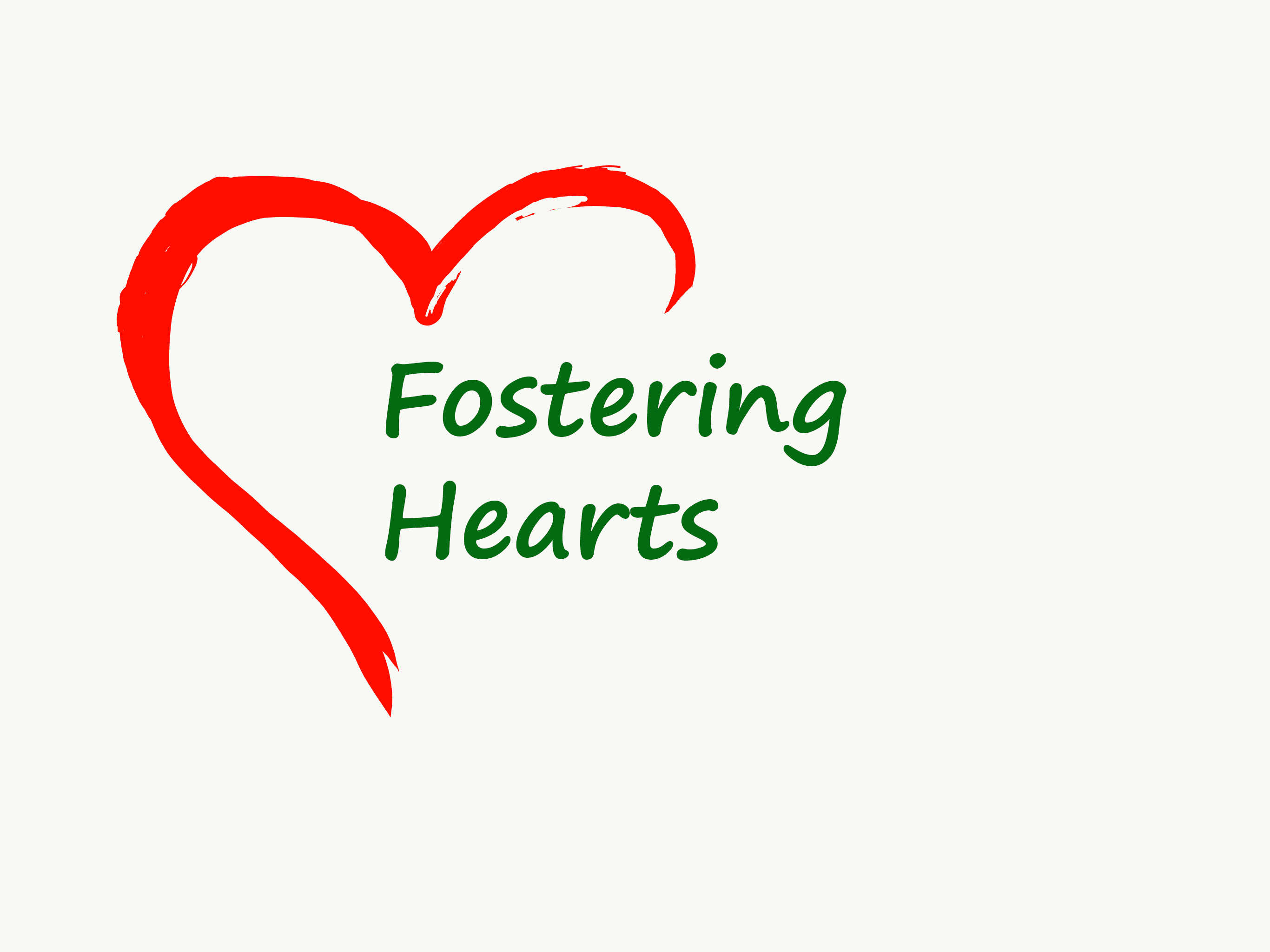Being a foster carer is a rewarding experience that can have a positive and lasting impact on the lives of young people in foster care. It involves providing physical, emotional, and educational support to help children reach their full potential. One essential part of the foster care process is the Care Plan – an important document that outlines each child’s needs, goals and objectives. Here we will take a look at what the Care Plan means for foster carers, and how you can use it to ensure your fostering journey is successful.
What is a Care Plan?
The Care Plan is created by social workers in consultation with parents/carers, teachers and other relevant professionals who are supporting the child or young person. The plan outlines what services will be provided to best meet the child’s needs and ensure their safety, health and wellbeing. It should be reviewed regularly as circumstances change over time.
It should include objectives for both short-term and long-term goals, such as educational outcomes or behavioural changes that need to be achieved for the benefit of the child in question. It should also detail any additional support needed from external agencies such as legal representatives or mental health specialists. As part of this plan, there may also be considerations about contact with birth family where appropriate.
How Can Foster Carers Use it?
As a foster carer, you play an integral role in helping children reach their goals outlined in their individual Care Plans. You will work closely with social workers to create achievable targets which are tailored specifically towards meeting the child’s needs within your home environment. This could include things like setting up extra-curricular activities or attending parenting classes to learn new skills which could help you manage difficult behaviour more effectively. Additionally, you may need to consider how best to communicate targets with other members of the family if they are involved in caring for the child in any way – older siblings or grandparents etc., so that everyone is working towards achieving them together. It’s important that you are aware of what services are available locally so that you can access them if needed – this could even involve seeking advice from local charities or voluntary organisations who specialise in supporting families through fostering arrangements if necessary.
Conclusion: The Care Plan is an essential document for both social workers and foster carers alike when it comes to providing effective support for children and young people living away from home environments due to difficult family situations or abuse/neglect issues etc.. Foster carers play an incredibly important role in helping children achieve their goals outlined by their individualised plans; working alongside social workers and other relevant parties involved with each case to ensure their safety, health and wellbeing remains paramount at all times within every fostering arrangement entered into by all parties involved!
